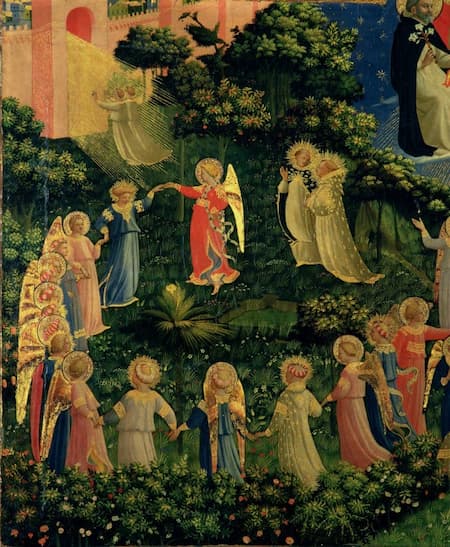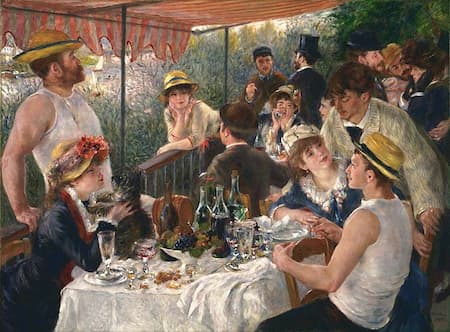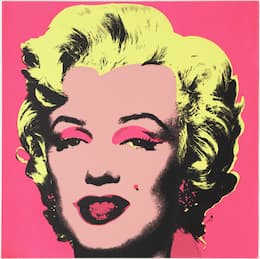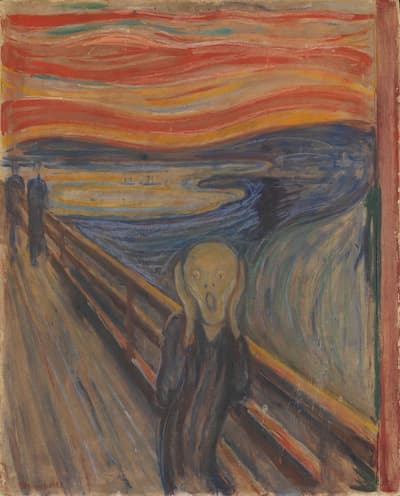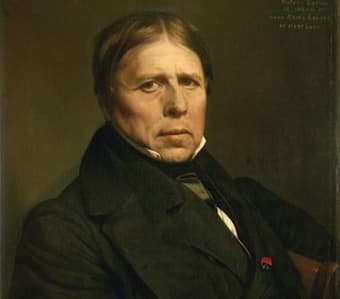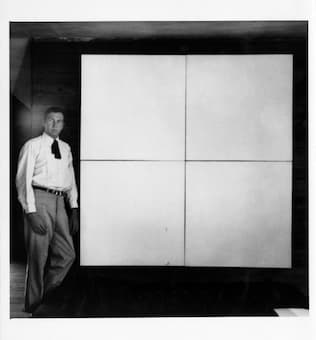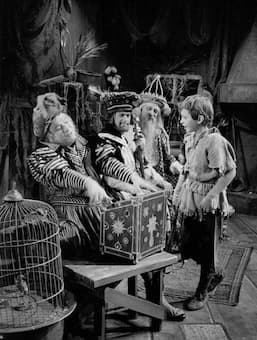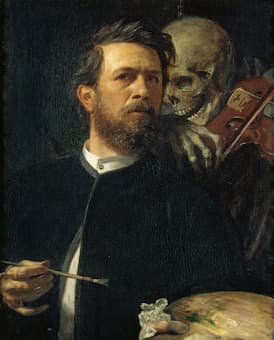Zdeněk Fibich: Studies of Painters (Malířské studie) In this 1899 work, Czech composer Zdeněk Fibich (1850-1900) chose works by 5 different painters from the 15th to the 18th centuries to illustrate in his Studies of Painters, Op. 56 (Malířské studie).
Painting
Pierre-August Renoir (1841-1919) led the Impressionist style but also was a singer, a student of Charles Gounod. Family circumstances, however, led him away from Gounod’s church choir and into a porcelain factory apprenticeship at age 13. Mechanization of his work
Born Andrew Warhola on 6 August 1928 in Pittsburgh, Andy Warhol (1928-1987) was a leading figure in the visual art movement known as pop art. This exciting artistic movement challenged the traditions of fine art by including imagery from popular
The art of the Norwegian painter Edvard Munch (1863-1944) was always conducted in the shadow of illness – both his own and hereditary mental illnesses that ran in his family. In his art, we find out hidden fears, the shadow
“Fine and Delicate Taste Is the Fruit of Education and Experience” The popular French expression “le violon d’Ingres” essentially makes reference to a secondary skill or hobby, that is, an activity done in one’s leisure time. This figurative term originated
Usually when we write about musicians and artists, we write about how one inspires the other, either how an artist might choose a musical work as the inspiration for his work or how a composer might choose to portray a
The most famous opera in America had its premiere 70 years ago on Christmas Eve. At its debut, it was estimated that it had audience of 5 million people – a record for any opera. Giancarlo Menotti’s Amahl and the
The Swiss symbolist artist Arnold Böcklin (1827-1901) was born in Dusseldorf and studied at the Dusseldorf Academy. His teacher sent him to Antwerp, Brussels, and Paris to study the old masters and develop his potential. In 1850, after a stint

